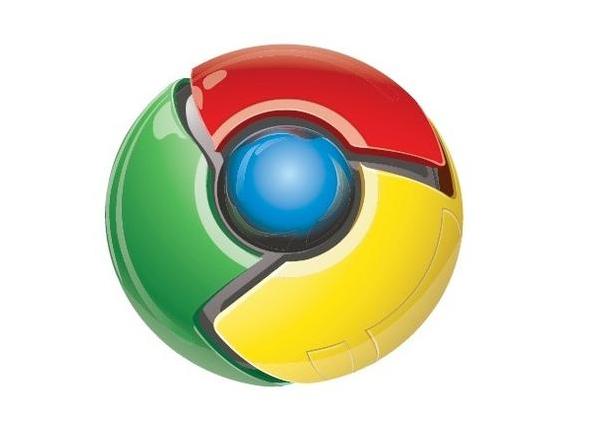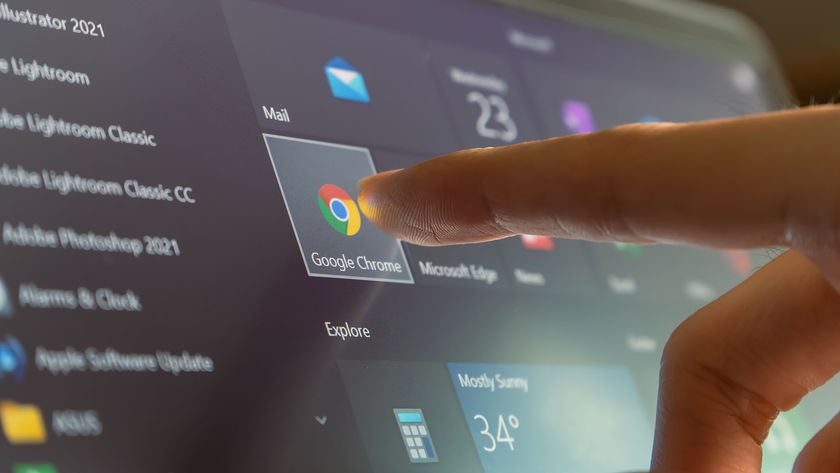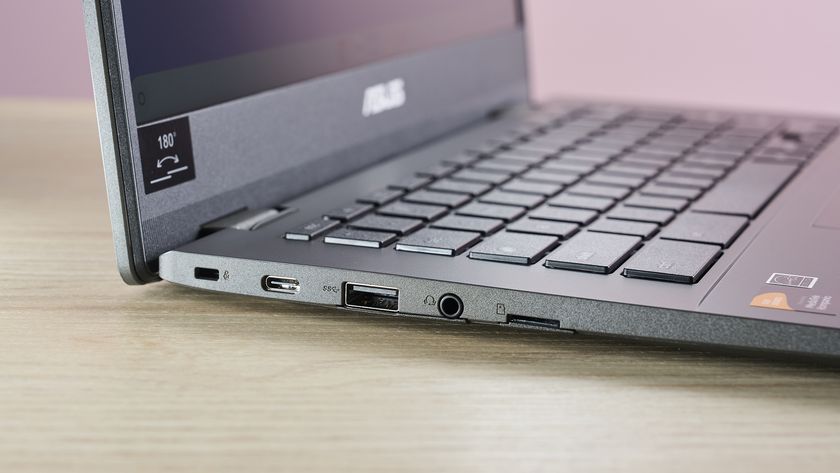20 things you need to know about Google Chrome
The full lowdown on Google's browser

Google took the unusual step of announcing its new browser via an online comic. We've had a read through and pulled out the things you need to know about Google's new browser.
1. Google Chrome is built using WebKit, which also powers Apple's Safari and Google's Android.
2. Google Chrome is beta, and currently only available for Windows. Mac and Linux versions are being produced.
3. Google Chrome promises to be more stable - each browser tab will run in its own process so a buggy web page won't take down the entire browser.
4. The tabs will be the key part of the interface - tabs will be located at the top of the window rather than under the address bar.
5. When you open a new tab, you'll see thumbnails of your nine most visited pages and search boxes for the sites you search most on.
6. You'll be able to 'tear off' tabbed windows and move them elsewhere onto the desktop, creating separate windows or adding them to existing windows.
Get daily insight, inspiration and deals in your inbox
Sign up for breaking news, reviews, opinion, top tech deals, and more.
7. When a tab crashes you'll get a sad face icon in the tab - called a 'sad tab'.
8. Each tab will have its own controls and its own URL bar, which Google's developers are calling the 'Omnibox'.
9. The Omnibox isn't just somewhere to type web addresses - it will also suggest pages you've visited before, and popular pages you haven't visited, based on the keywords you type into the box.
10. You'll be able to search your browser history from the Omnibox to return to pages you visited previously but didn't bookmark.
11. Autocomplete will only autocomplete to an address you have manually typed before - Google's example is that typing C and hitting return might take you to cnn.com but never to a previously clicked link such as cnn.com/2008/politics/07/27/campaign.wrap/index.html.
12. Once you've performed a search on sites such as Wikipedia or Google, you'll then be able to search those sites later straight from your address bar by typing the site's name and then pressing the Tab key.
13. Google Chrome has a private browsing mode - if you create what it calls an "incognito window" then pages won't be saved in your history and when you close the window, any related cookies will be deleted.
14. Google Chrome promises to be faster - because each tab runs in a separate process, that process is killed when a tab is closed, and so your PC gets the memory back.
15. Google Chrome will feature a new JavaScript virtual machine. Google says this will be more efficient at running JavaScript-heavy apps such as Gmail, and allow smoother drag-and-drops.
16. Google Chrome comes with a Task Manager that lets you see which sites are using the most memory on your PC - and just like with the Windows Task manager, you'll be able end processes that are sucking up memory.
17. Google Chrome promises to be more secure - processes won't be able to write to your hard drive or read documents, for example.
18. Google Chrome will be constantly updated with information on phishing and malware sites and warn you if you attempt to visit one.
19. Google Chrome is being tested against millions of web pages - and Google is using its Page Rank system to ensure the browser is first tested against the web's most popular pages.
20. Google Chrome will be fully open source, so everyone will be able to contribute - and examine the code, which should allay any privacy fears.
After watching War Games and Tron more times that is healthy, Paul (Twitter, Google+) took his first steps online via a BBC Micro and acoustic coupler back in 1985, and has been finding excuses to spend the day online ever since. This includes roles editing .net magazine, launching the Official Windows Magazine, and now as Global EiC of TechRadar.
Most Popular






